
Electronics is part of every advanced product nowadays, whether it is for communication, data storage and processing, household electronic appliances, electronic games, biomedical devices etc., with each containing one or more sub-components and microsystems that are fabricated using electronic technology. It has transformed into a field that inevitably made humans and their lives smart, effective and efficient and is the backbone of modern communication. The Diploma in Electronics & Communication Engineering has a flexible curriculum that helps you build your technical knowledge, with ample hands-on practical sessions and projects to improve your problem-solving and practical skills. You are trained to keep operations running smoothly and assist with the development, testing, and production of such things as circuit boards, wireless phones, PDAs, medical equipment, and control systems.
To design, develop and test a wide range of electronic circuits using test and measuring instruments using Bread Board students build various electronic circuits to study the theory behind the Fundamentals of Electronics Engineering and Electronics Component Devices of Electronics System. In this lab FEEE, AEC, EMTT, CS, Wireless Communication, ECD labs will be conducted
| SI NO | Component Name | Quantity |
|---|---|---|
| 1 | Digital Voltmeters | 10 |
| 2 | Digital Ammeters | 10 |
| 3 | Digital Multimeters | 10 |
| 4 | Regulated power supply | 10 |
| 5 | Cathode Ray Oscilloscope | 10 |
| 6 | Function Generator | 10 |
| 7 | Decade Resistance Box | 10 |
| 8 | Decade Capacitance Box | 10 |
| 9 | Decade Inductance Box | 10 |
| 10 | LCR Meters | 6 |
| 11 | Bread Board | 20 |
This lab introduces the Theoretical and Practical aspects of op –amp which are the basics of linear integrated circuits Experiments are carried out for the parameters and their applications such as amplifiers, IC 555 Timers. Oscillators, Rectifier, Filters. In this lab IA, LD Labs will be conducted.
| SI NO | Component Name | Quantity |
|---|---|---|
| 1 | Digital Voltmeters | 10 |
| 2 | Digital Ammeters | 10 |
| 3 | Digital Multimeters | 10 |
| 4 | Regulated power supply | 10 |
| 5 | Digital Trainer Kit | 2 |
| 6 | Function Generator | 10 |
| 7 | Op-amp power supply | 8 |
| 8 | IA KIT | 5 |
This Laboratory introduces students to work on different Network theorems along with Analog Communication System and Digital Communication System, in this lab Embedded C, AEC part B, EDC part B, IA part B, LD part B LABS will be conducted.
| SI NO | Component Name | Quantity |
|---|---|---|
| 1 | Verilog kit | 1 |
| 2 | IA kit | 1 |
| 3 | Computers | 20 |
Demonstrate, Update and adapt domain knowledge in the area of electronics and communication engineering and the allied fields to propose solutions for the core industry in the ever changing global enterprise with ethical practices.
Assume leadership roles and succeed in their chosen career path, in industry or public service through engineering ability, life skills and multidisciplinary skill set acquired.
Pursue higher education institutes at national level.
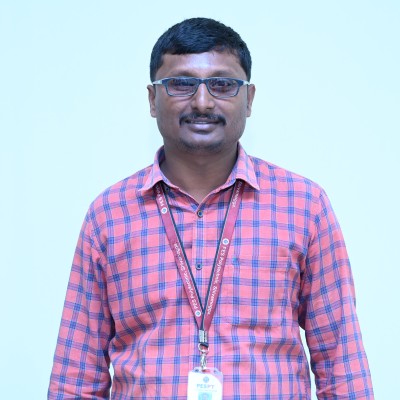
Head of the Department
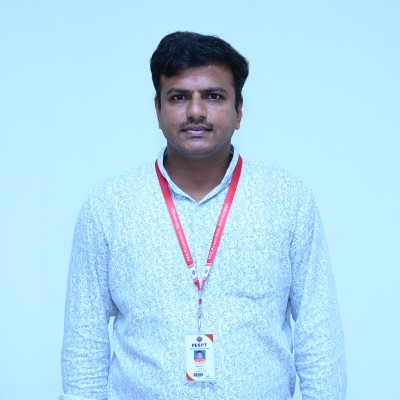
Lecturer
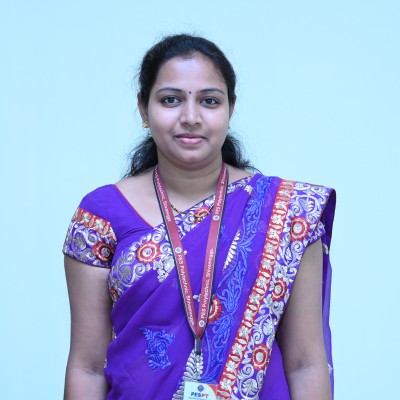
Lecturer
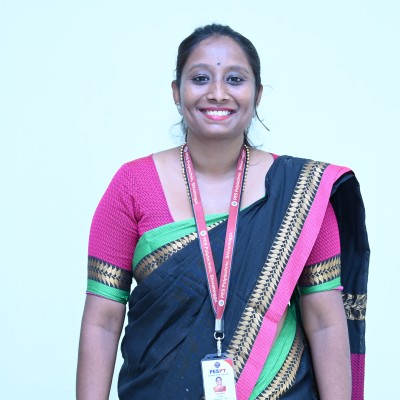
Lecturer
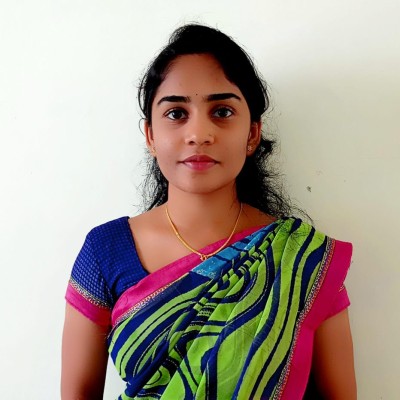
Lecturer
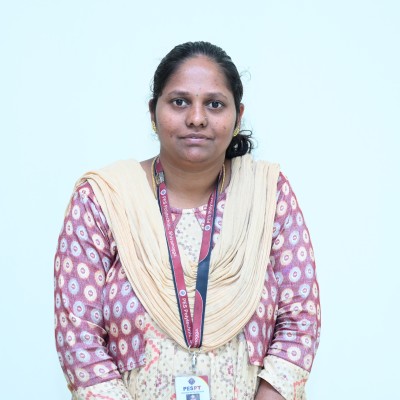
Lab Instructor
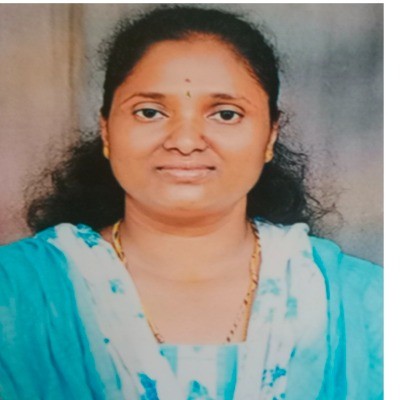
Lecturer
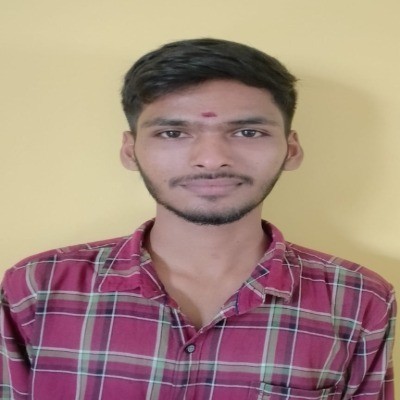
Lab Instructer
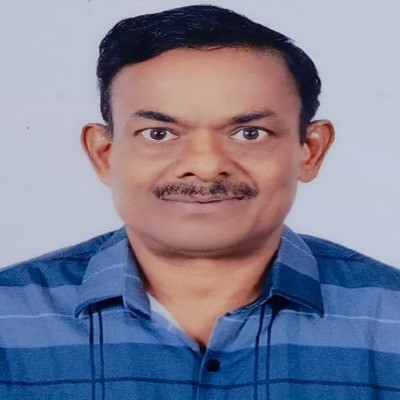
Lecturer
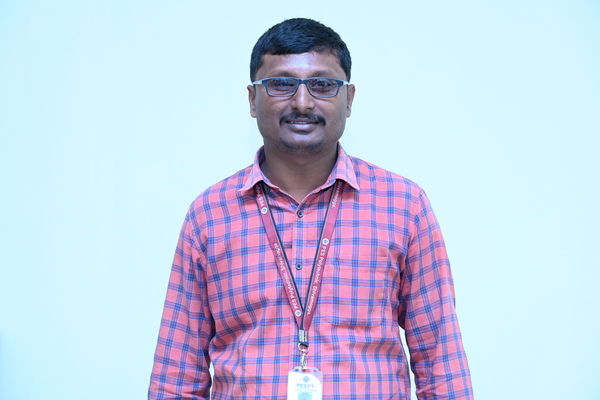
PES Polytechnic college ,NH 206, Sagar Road, Shivamogga – 577 204
Office: 8147053080
Email: sunilkumarhu111@gmail.com